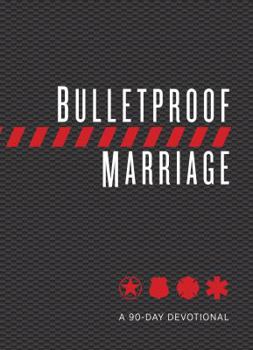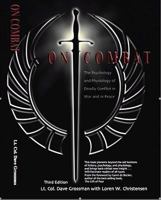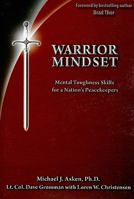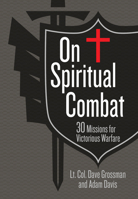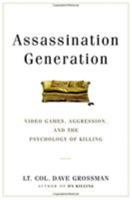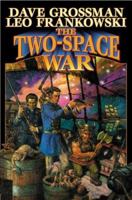Bulletproof Marriage: A 90-Day Devotional
Select Format
Select Condition 
More by Dave Grossman
Book Overview
Together you can make it through anything. We live in a troubled society, and those maintaining order and justice are some of the most overworked, unappreciated, and underpaid. The nature of their jobs is taxing both personally and relationally. Bulletproof Marriage is a 90-day devotional that applies biblical principles to support and strengthen the marriages of military members, law enforcement officers, and first responders. Each day includes a Bible verse, inspirational reading, quick tips, action steps for both husband and wife, and a prayer. Learn how to
- transition smoothly from duty to home.
- resolve conflicts and develop healthy communication habits.
- manage lifestyle stressors and cultivate resilience.
- build trust and encourage intimacy. Sometimes the greatest love is not to sacrifice your life but to live a life of sacrifice. Invite God to help you make your marriage bulletproof.
- transition smoothly from duty to home.
- resolve conflicts and develop healthy communication habits.
- manage lifestyle stressors and cultivate resilience.
- build trust and encourage intimacy. Sometimes the greatest love is not to sacrifice your life but to live a life of sacrifice. Invite God to help you make your marriage bulletproof.
Format:Imitation Leather
Language:English
ISBN:1424557593
ISBN13:9781424557592
Release Date:January 2019
Publisher:Broadstreet Publishing
Length:288 Pages
Weight:0.65 lbs.
Dimensions:0.8" x 4.6" x 6.6"
You Might Also Enjoy
Customer Reviews
5 customer ratings | 5 reviews
There are currently no reviews. Be the first to review this work.











